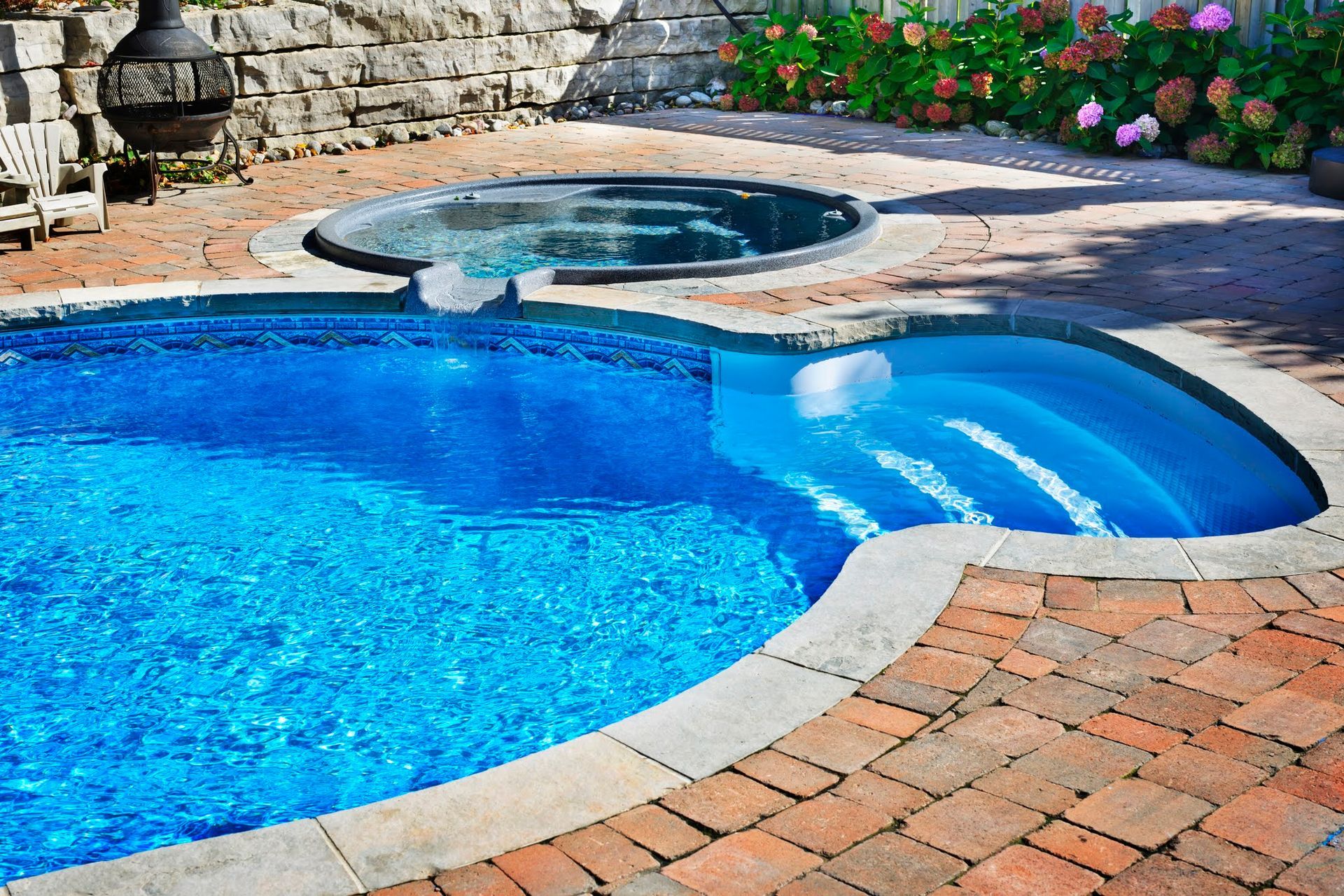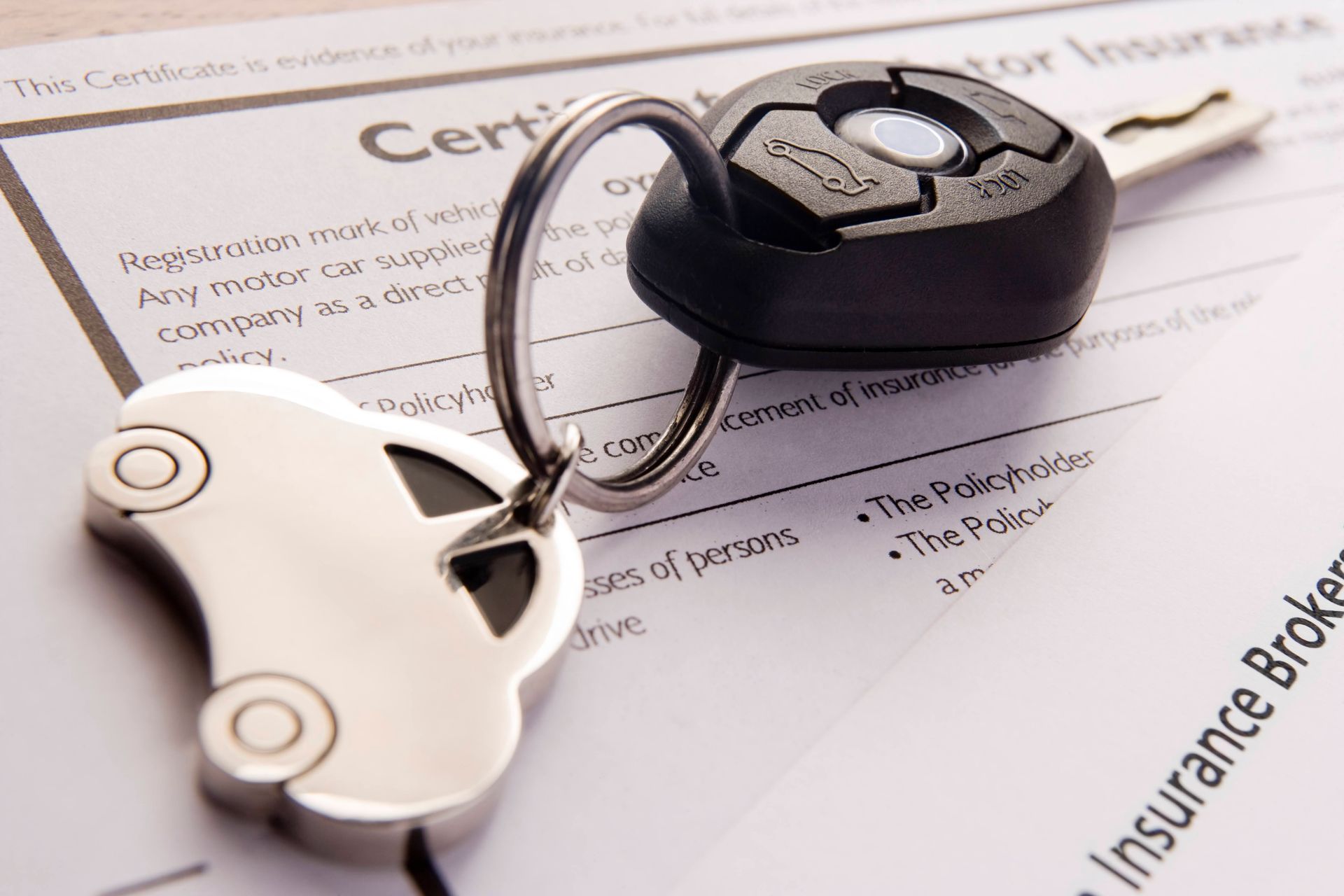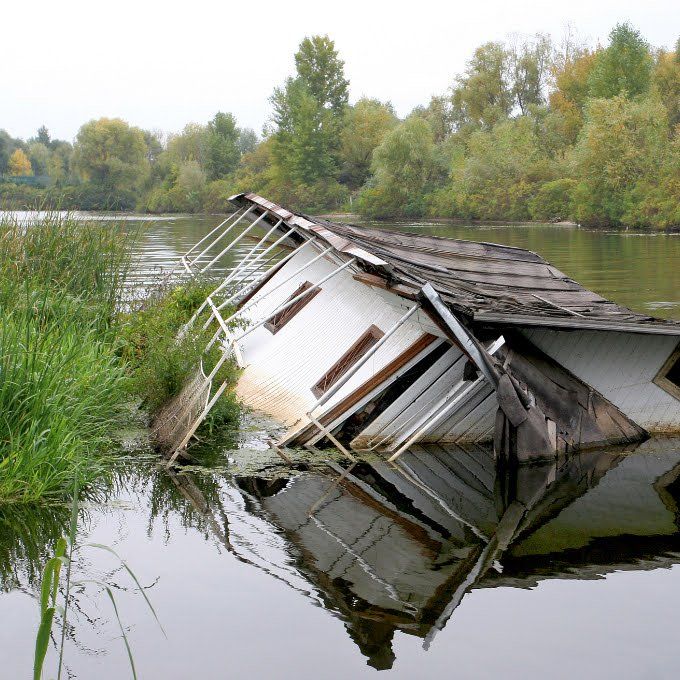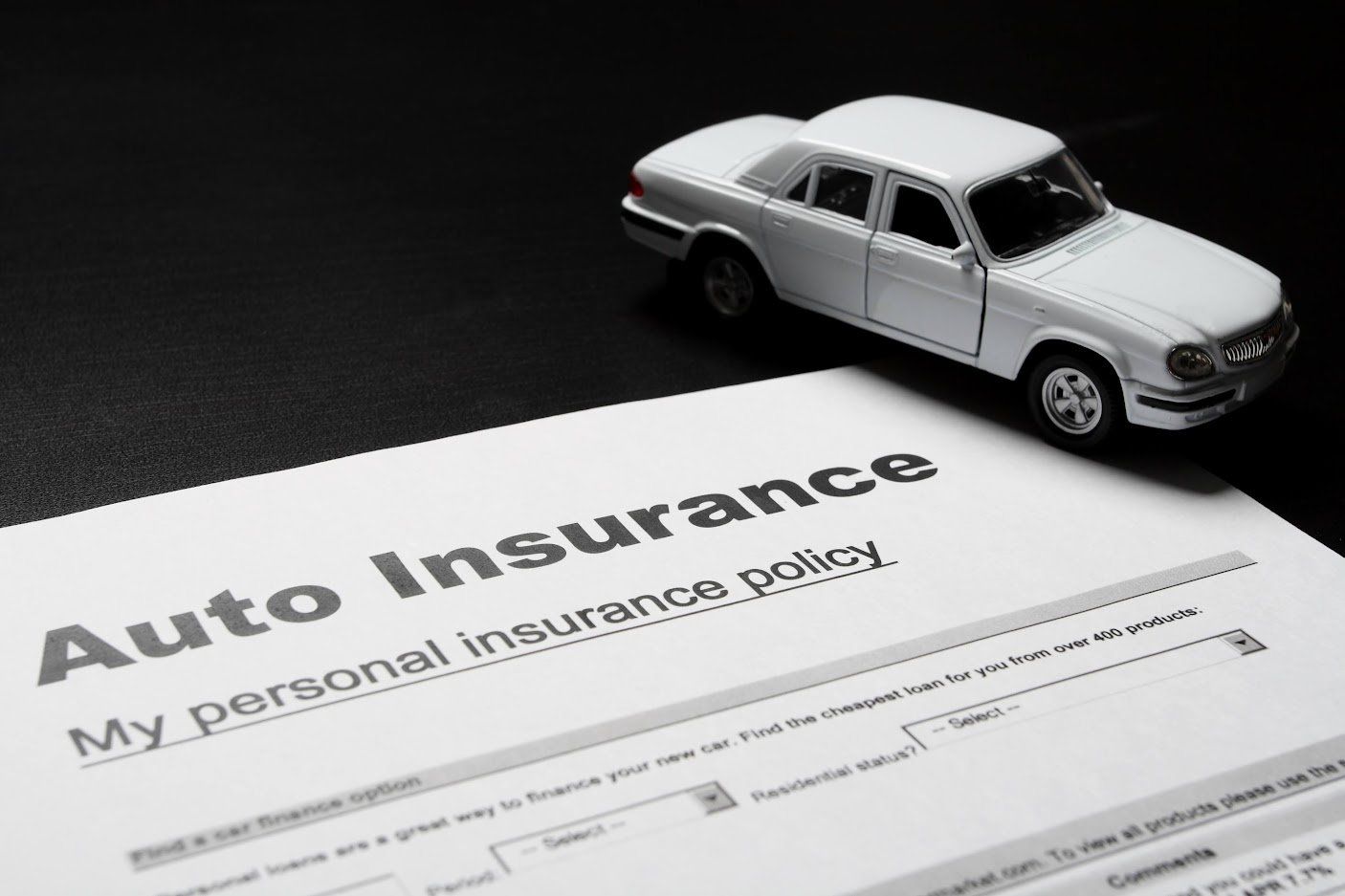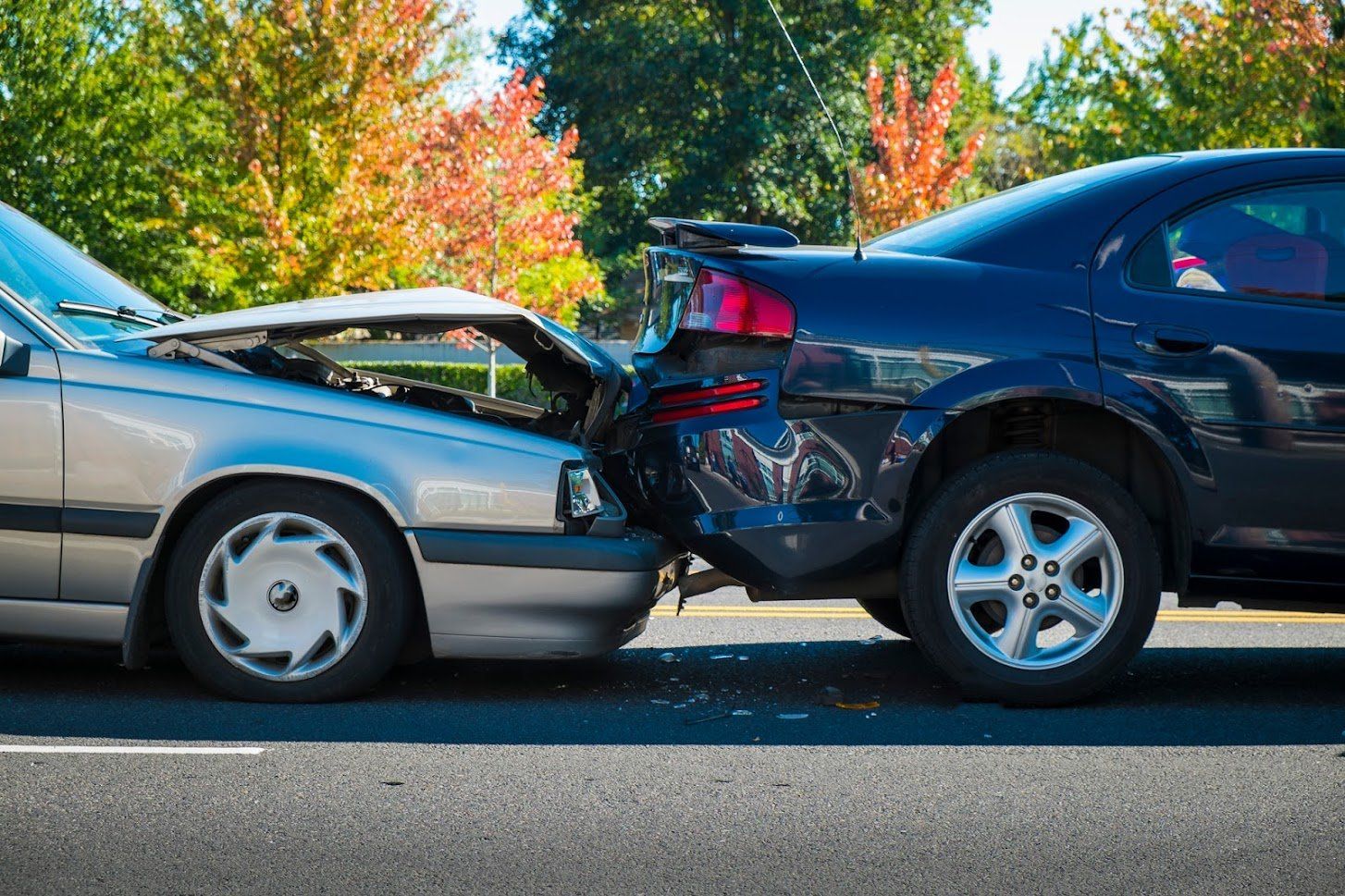Three Questions You Should Ask Before Filing Homeowners Insurance Claims
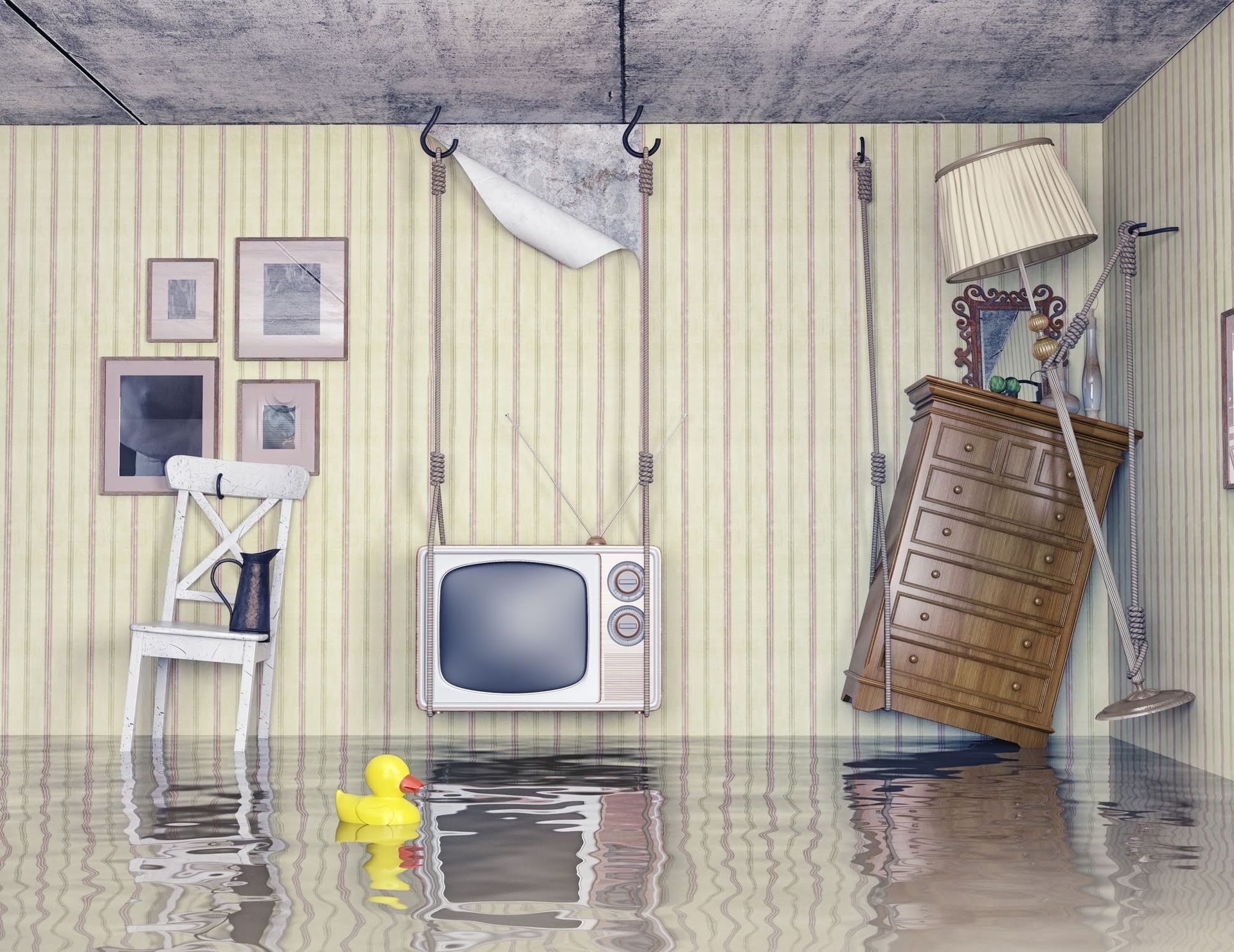
When should you file a homeowner's insurance claim—and when should you use another type of coverage? If you're not sure whether your current claim falls under the homeowner's category or not, take a look at what you need to know about this type of policy, what it helps to pay for, and what it won't cover.
Should You File A Claim After Minor Damage?
The answer to this question depends on if the damage really is minor. Homeowner's insurance policies have deductibles. Some types of coverable claims may cost less to repair than the total of deductible. This means filing a claim could cost you more overall than if you didn't use your coverage and paid out-of-pocket.
But you can't always tell when a home repair could or would cost less than an insurance deductible. What may seem like a small home issue may cost more than you would expect. This makes it important to understand home repair costs, deductibles, and your options.
Can You File A Wear and Tear Claim?
Damages caused by normal use typically won't fall under a homeowner's insurance policy. This extends to damage caused by other factors (such as snow or rainstorms) that is the direct result of neglect. If you fail to maintain your home adequately, homeowner's insurance may not cover some types of damage.
Was There A Flood?
While homeowner's insurance will pay for many weather-related types of repairs, most policies will not cover flood-related damage. Whether snowmelt caused water to enter your home, the product of a spring/summer storm is now in your basement, or another natural water source flooded your home, don't expect a regular homeowner's policy to pay for the restoration costs.
Should You File A Claim for Landscaping and Other Outdoor Features?
An insurance policy may pay for more than just the structure of your home. According to the Insurance Information Institute, most policies cover up to $500 for trees, shrubs, and other similar plants. But each policy and company differs in coverage. If you aren't sure whether your homeowner's policy covers landscape damage as the result of a natural disaster, theft, or vandalism, contact your agent. An insurance agent can review your policy and help you to understand what is (and isn't) covered.
Should You File A Claim for Furniture?
Landscaping, furniture, and other belongings may also fall under your homeowner's insurance coverage. If a fire, non-flood natural disaster, or vandalism is at fault for the damage, it's likely a homeowner's policy will pay for at least some of the costs. Again, different policies have different rules. Make sure that your coverage extends to the belongings inside of your home before you file a claim.
What Happens If You Can't Stay In Your Home?
Some policies pay for additional living expenses. If your home is unlivable or you need to stay away during the restoration/repair process, it's possible your policy will help you to pay for some of the costs related to hotel bills or food.
This coverage varies by policy. But, if your policy includes it, additional living expense coverage can significantly offset costs after major home damage.
Should You File A Claim for An Injury?
A fire, storm, theft, or other covered issue causes damage to your home. But that's not all. You also sustain an injury during the disaster. Should you file a claim under your homeowner's or medical policy?
The decision to file a claim depends on the type of injury, whether the homeowner's policy covers personal injury, which policy will cover your medical expenses, and which coverage will pay more. You will also need to consider insurance deductibles and copays.
Do you need to buy a new homeowner's insurance policy? Contact Clover Insurance for more information.



